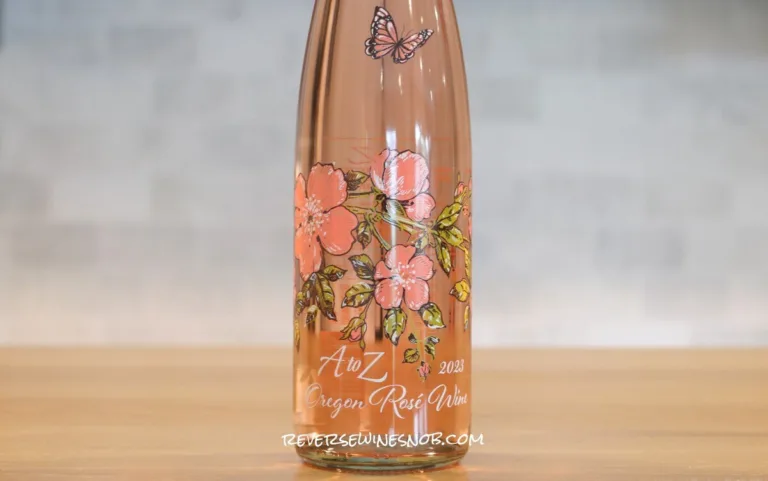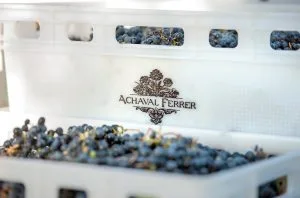Without a standardised definition and standards, “it’s the Wild West for regenerative viticulture right now,” according to Jess Baum from Bonterra Organic Estates.
Baum, who is the ‘senior director of regenerative impact’ at the Californian wine producer, is becoming increasingly worried about the potential damage being done to the regenerative cause due to the lack of an agreed set of rules for the practice, while also concerned by the growing number of wine producers using the term without certification. As a result, in an interview with the drinks business in November, Baum said that the worthy movement – which is fast gaining ground – risked being devalued, while the term ‘regenerative’ could become little more than a buzzword. She commented, “Due to an absence of a global or government definition for what ‘regenerative’ means, it becomes essentially an adjective that anybody can apply to refer to a bunch of practices, so it becomes a claim that is not validated.” Continuing, she told db, “We believe in strong, rigorous certifications to uphold claims and verify practices, and being audited.” She added, “Without a structure or a legal definition, then anybody can use it… it’s the Wild West for regenerative right now.” Indeed, Baum believes that wine drinkers “should avoid brands that claim to be regenerative with no substance behind it”. Agreeing with Baum, Marybeth Bentwood, who is Bonterra’s senior director for public relations, stressed that it’s necessary to provide proof you are employing regenerative approaches through an audit process, while commenting
This Article was originally published on The Drink Business - Wine







